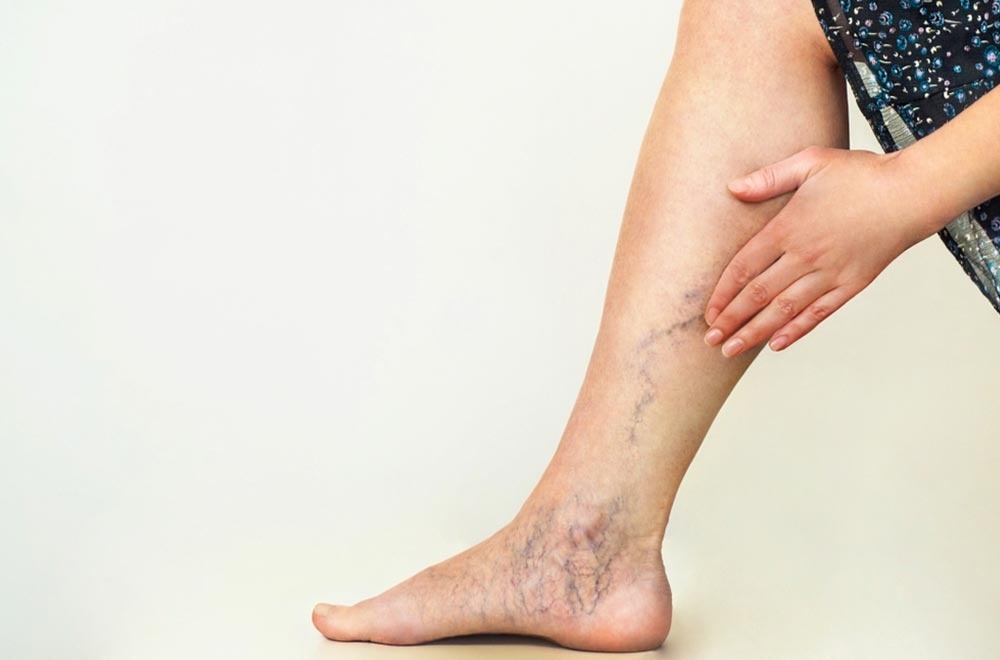Varicose veins are a growing medical concern in the Muslim society. Varicose veins are swollen, twisted veins that often appear in the legs, although they can appear in other parts of the body. Varicose veins are commonly seen in older adults, but they can affect people of all ages, genders, and backgrounds. In the Muslim society, this condition is often overlooked due to cultural stigmas surrounding medical issues, as well as a lack of awareness and access to treatment options.
Statistics show that varicose veins are a growing problem in the Muslim community. A study conducted by the World Health Organization (WHO) in 2018 found that approximately 30 percent of people in the Middle East and North Africa had varicose veins. In addition, the prevalence of varicose veins among Muslim women is particularly high, with nearly 40 percent of women in the region affected. The condition is especially common among women in rural areas, where access to medical care is limited.
Varicose veins can cause a variety of symptoms, including aching, heaviness, and swelling in the legs. In some cases, the veins may become painful and lead to skin discoloration or even ulceration. Left untreated, varicose veins can lead to serious health complications, such as deep vein thrombosis and chronic venous insufficiency.
Fortunately, there are treatments available for varicose veins. The most common treatment is sclerotherapy, which involves injecting a solution into the affected vein. This solution causes the vein to close off and be reabsorbed by the body. Other treatments include laser ablation, which uses a laser to heat and destroy the affected vein, and endovenous thermal ablation, which uses heat to seal off the vein.
Dr Imtiaz Ahmad specializes in latest Non-Thermal Treatments without Surgery
VenaSeal
ClariVein (MOCA) MechanicoChemicalObliterarion
Ultrasound Guided Sclerotherapy
Cosmetic Sclerotherapy
In the Muslim society, there is often a lack of awareness about varicose veins, as well as access to treatment options. As a result, many people with varicose veins don’t seek medical attention. This can lead to serious health complications if the condition is left untreated. In order to address this growing problem, it is important that more education and awareness be provided about varicose veins and their treatments, as well as improved access to medical care.
In conclusion, varicose veins are a growing medical concern in the Muslim society. Statistics show that the prevalence of varicose veins is particularly high among Muslim women in the Middle East and North Africa. Varicose veins can cause a variety of symptoms, and if left untreated, can lead to serious health complications. Fortunately, there are treatments available, such as sclerotherapy, laser ablation, and endovenous thermal ablation. In order to address this growing problem, it is important that more education and awareness be provided about varicose veins and their treatments, as well as improved access to medical care.
References:
World Health Organization. (2018). Varicose Veins in the Middle East and North Africa. Retrieved from
https://www.who.int/news-room/fact-sheets/detail/varicose-veins-in-the-middle-east-and-north-africa
Mayo Clinic. (2018). Varicose Veins: Diagnosis and Treatment. Retrieved from
https://www.mayoclinic.org/diseases-conditions/varicose-veins/diagnosis-treatment/drc-20355427
The Royal College of Surgeons. (2018). Varicose Veins: Treatments. Retrieved from
https://www.rcseng.ac.uk/patients/treatments/varicose-veins

